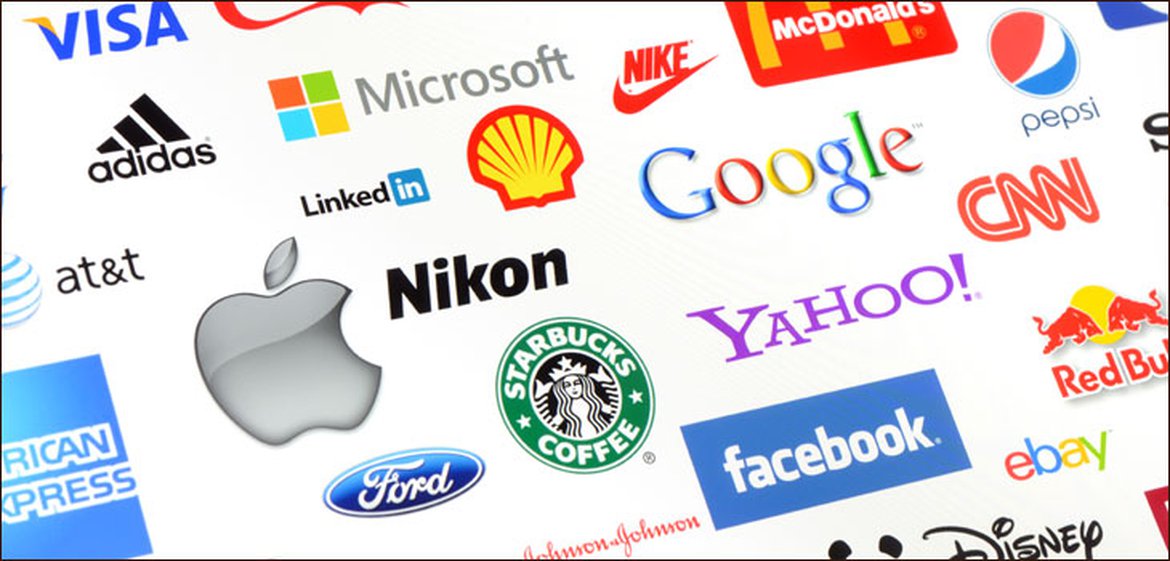What's In A Name?
Oct. 30, 2020

It’s amazing what you can learn when you leave the house.
Just this week, for instance, as I dipped out for a little neighbourhood run, I came upon a panel van with the name Rock Bottom emblazoned on the side. It caught my attention immediately, and on closer inspection, I saw that Rock Bottom is the name of an “underpinning” contractor.
For all my non-engineer friends, underpinning is the process of strengthening the foundation of an existing building or other structure. Wikipedia tells me that underpinning may be necessary for any number of reasons – the original foundation may not be strong or stable enough, perhaps the soil supporting the foundation has changed, maybe you need to increase the load capacity to support an addition, and so on.
As far as I’m aware, my house doesn't need underpinning – not yet. But the second it does, I know exactly who I’m going to call: Rock Bottom.
A name like that just sticks with you. It’s clever. It’s descriptive. And it’s memorable, partly because it turns your expectations upside down. (A good thing when you’re concerned with things underneath.)
With Rock Bottom firmly planted in my brain, I found myself scurrying down the digital rabbit hole in search of other clever company names. Here are a few of my favourites:
- Fat Boy Skim – a drywall and plastering company in Brighton, UK
- Lawn and Order – a property maintenance company in Uxbridge, Canada
- The Merchant of Tennis – a tennis shop in Cheltenham, Australia
- Prints Charming – a frame shop in Toronto, Canada
- Eye Carumba – an optometrist in San Francisco, US
- Bruce Springclean – a carpet cleaner in Cornwall, UK
I discovered that barbers and hair stylists are a particularly witty lot, as these names will confirm: British Hairways, Hairosmith, Jack the Clipper, Barber Streisand, Hair Raid Shelter, The Godbarber, and The Chopfather (arguably, this could work just as well for a butcher).
Indeed, Francis Ford Coppola’s famous film has proven too much to resist for another set of merchants – fish and chip shop owners. You can find a local version of The Codfather in several places around the world, including London, North Charleston, and several towns in Ontario, to name just a few. And speaking of fish, my Google search also turned up Codrophrenia and Chipsy King.
Personally, I always thought it would be great fun to open a café named Salvador Deli. Apparently, I am nothing if not unoriginal, because there is in fact a Salvador Deli in Charlotte, North Carolina, and, until February 2019, one in Leicester, in the north of England.
Most of you already own or work for a company that has a proper name (and likely a good one at that). So, other than being mildly entertained (or possibly annoyed) by the examples above, you’re probably wondering what you can take away from this month’s newsletter.
Well, obviously names aren’t for companies only. Perhaps you’re considering a new service offering. Maybe you’re about to launch a newsletter. Or an interesting new internal program. Whatever the initiative, don’t miss out on the opportunity to give it a catchy name.
Names serve many purposes. They not only identify and describe; they also validate and confer status by making the thing real. Names help to simplify – they are often shorthand for the who, what, when, where or how. And finally, names can create emotional bonds by evoking positive feelings and associations.
Of course, you don’t want just any old name. Like Rock Bottom, the best names are creative and memorable. And often, short and simple.
But they don’t always have to be fun or clever or witty. As Meredith Hart explains on HubSpot:
- A memorable name might describe what you do. Switch Strategic Communications is a company owned by my friend Chris Davies. As the name suggests, Chris specializes in change communications and in helping companies shift their thinking when reaching out to their target audiences.
- A memorable name might reflect your mission or values. Consider Urban Angel, the branding St. Michael’s Hospital Foundation uses for a broad range of fundraising and communications initiatives. The name comes from the statue of St. Michael the Archangel which has graced the hospital’s lobby for over a century, and it reflects the hospital’s special status as an inner city health care centre.
- A memorable name might highlight what your clients are searching for. The Wisconsin Wetlands Association publishes three different newsletters with content tailored for different audiences. Wetland News shares news, stories, events and announcements; Wetland Alerts highlights opportunities to speak up on time sensitive policy, legislative and advocacy issues; and My Healthy Wetland, caters to wetland owners.
- A memorable name might demonstrate the value you provide clients. Global engineering firm WSP has an umbrella innovation program called Future Ready. Through services and communications, the company helps clients design for the future while addressing trends in climate, society, technology and resources.
Whatever route you go, recognize that a name can be a powerful communications tool. Be thoughtful when you choose a name and it will serve you well. Just ask the crew at Rock Bottom.
Remember this:
Names are important because they identify, describe, validate, simplify and create emotional connections. The best ones are creative and memorable.
